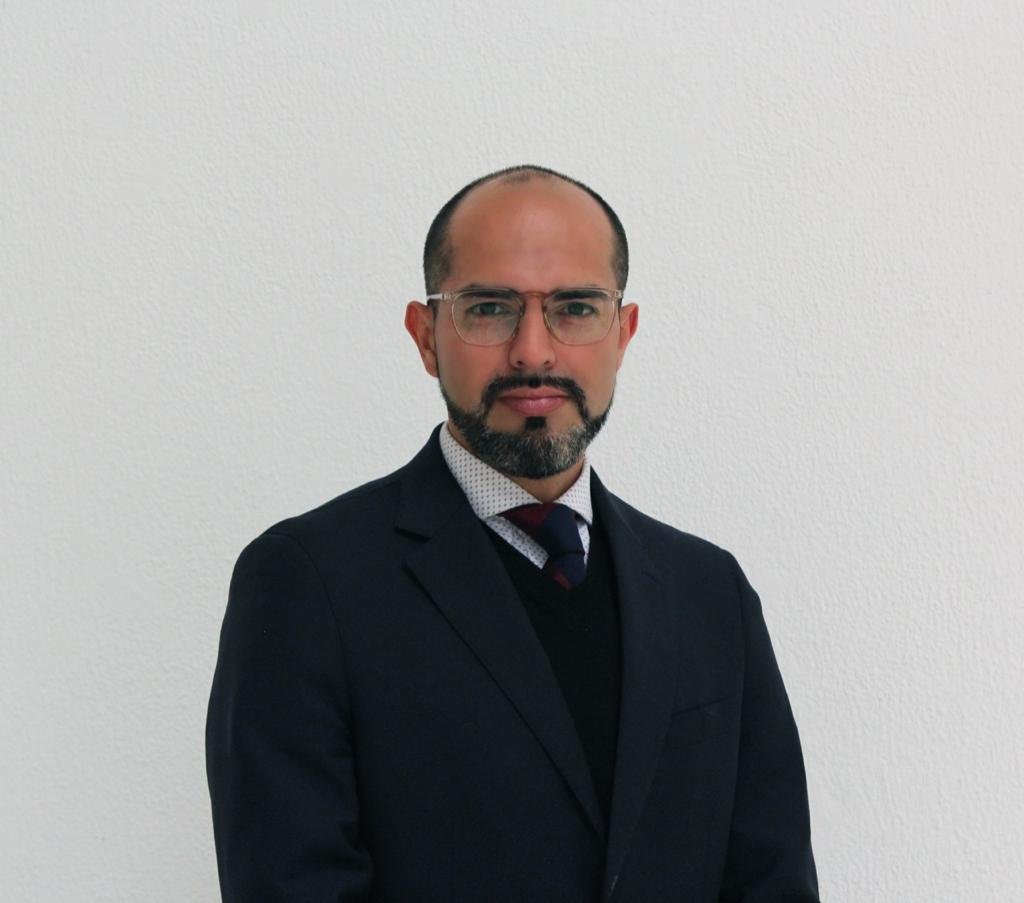
Law as Science 2022
Law and Economics Roundtable - Latin American Perspectives
The panel will develop some interesting research in the continuously evolving field of law and economics with a specific focus on Latin America. Professors Rubén Méndez and Juan Martín Morando will provide an account of the project “Interactions between Informality and employment Quality in Argentina, Chile, and Colombia: An Ius Economic Analysis,” examining the situation of the informal market and the quality of employment in a jus-economic perspective (tool) and “institutional coordination” as a theoretical model. This project uses the contributions of the Legal Theory, the Neo Institutional Economy (Coasean), and the “developmentalist” theses of the legalistic approach to economic development (which has the famous economist Hernando de Soto among its main representatives). By representing the legal as an “infinitely variable” cultural asset, the case study, forensic methodology, and hypothetical-deductive analysis are used as “Methodological Core.” Therefore, the economic approach is assumed as a complementary and correlated instrument with the legal approach as there is a need to illustrate the advantages of strengthening the institutional framework in the workplace and identify and characterize its main weaknesses.
Moreover, Prof. Dr. Ivo Gico will present an overview of “Agent-Based Modeling and the Future of Law & Economics” by discussing the methodological limitation of traditional law & economics when dealing with complex systems like the market, society, or the legal order itself and how the agent-based modeling approach is used to explore unpredictable emerging behavior or models with heterogeneous agents.
Panelists
-

Juan Martín Morando, M.A., LL.M., J.D.
Labor Law judge – Tribunal N.1 – General San Martin (Buenos Aires Argentina)
Adjunct Professor at the Universidad Argentina de la Empresa y Universidad de Palermo (Argentina)
-

Rubén Méndez Reátegui, LLM, MA, MSC, PhD, DSc
Professor at the Universidad Autónoma de Chile
Visiting Professor at the Universidad Tecnológica del Perú and Universidad Externado de Colombia
-

Ivo T. Gico Jr., Ph.D., LL.M.
Professor at the University Center of Brasília (UniCEUB)

